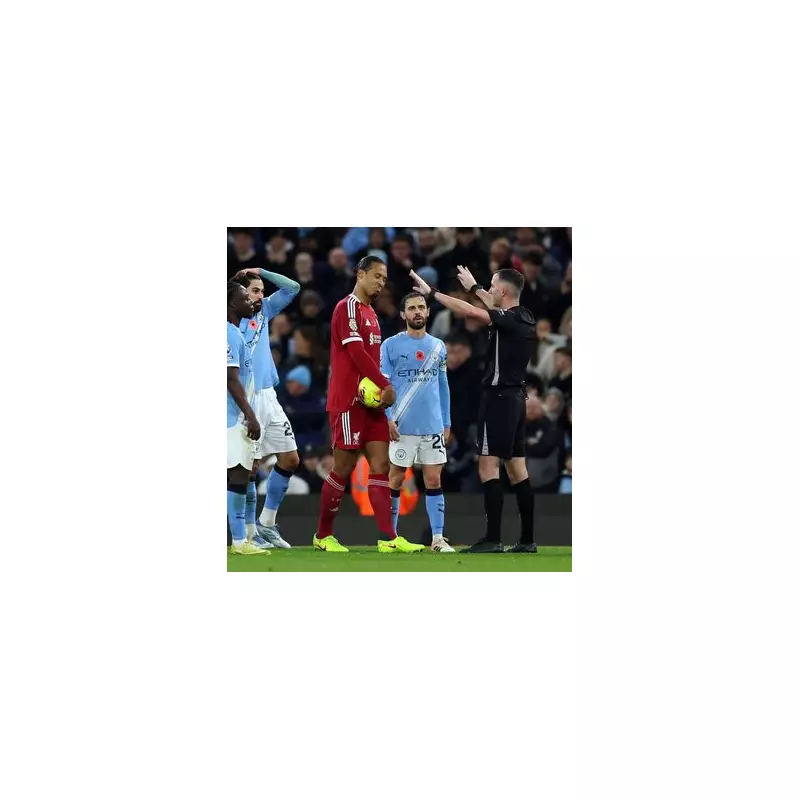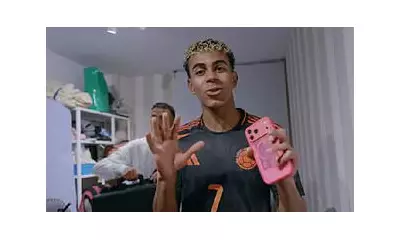
The world of football officiating was plunged into another fierce debate this week after Virgil van Dijk saw a goal disallowed for Liverpool in their 3-0 defeat to Manchester City on Sunday. The incident, which has sparked widespread online discussion, has now been addressed directly by the head of the referees' body, PGMOL, Howard Webb.
The Controversial On-Field Decision
During the high-stakes Premier League clash, Liverpool captain Virgil van Dijk thought he had scored, only for the effort to be ruled out. The on-field decision centred on the positioning of his teammate, Andy Robertson, who was adjudged to have been standing too close to Manchester City's goalkeeper, Gianluigi Donnarumma, potentially impairing his ability to play the ball.
This call was not overturned by the Video Assistant Referee (VAR), as it was not deemed a clear and obvious error – the threshold required for intervention. This core principle of VAR is often demanded by fans and pundits alike, yet frequently criticised when it goes against their own team.
Howard Webb's Transparency Drive
In the aftermath, PGMOL chief Howard Webb took to his regular show, Match Officials Mic’d Up, to explain the reasoning behind the contentious call. Webb emphasised the subjective nature of such decisions, arguing that not every ruling in football is black and white.
Demonstrating a commitment to transparency, Webb revealed that he had held dialogue with Liverpool officials on Monday morning to explain the decision before it was discussed publicly on the show. This proactive communication is part of his ongoing effort to maintain open channels with clubs, sometimes even contacting them immediately after a game to discuss a contentious call.
A Question of Consistency and Context
The debate inevitably turned to the desire for consistency in refereeing. However, Webb and analysts contend that while clarity is crucial, no two incidents on the pitch are ever perfectly identical. The situation involving Robertson and Van Dijk was argued to be distinctly different from other recent controversial offside or obstruction calls, such as one at Wolves.
This incident stands in stark contrast to the Luis Diaz goal error earlier in the season, where Liverpool had legitimate grounds for outrage due to a clear procedural mistake. In the case of Van Dijk's disallowed goal, the prevailing view from officials is that it fell squarely into the realm of subjective interpretation, where reasonable minds can disagree.
Ultimately, the episode underscores the perpetual challenge in football officiating: balancing the desire for technological precision with the inherently human and interpretative elements of the game. As Howard Webb continues his push for openness, the conversation around VAR and subjective decisions is sure to continue.





